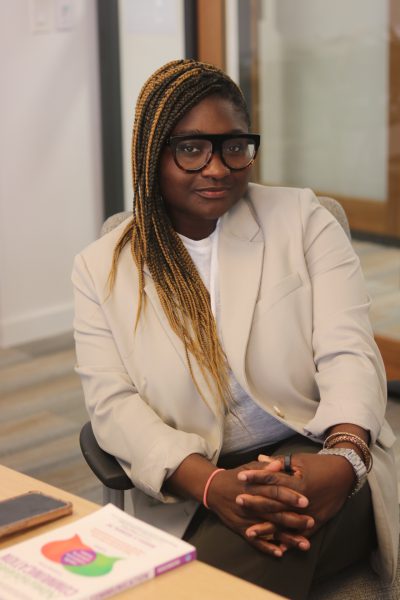
Minority women with greater resilience experience fewer long-term symptoms after a concussion, particularly Black women, according to new research from the University of Pittsburgh and published in Neurotrauma Reports. No significant association was seen for white women, suggesting that there is less of a role for resilience during recovery in this group, given the lower barriers to post-concussion care they experience.
Psychological resilience is defined as the belief and attitudes that one can recover from adversity. Prior research has shown that people of color have an increased reliance on resilience due to social, economic and cultural factors, and that close-knit community, faith-based and family networks contribute to this sense of resilience.
“Black women face worse outcomes for concussions and decreased access to care due to social determinants of health, such as economic status and geographic location,” said senior author Martina Anto-Ocrah, assistant professor of medicine. “This research illuminates one way we might address post-concussion disparities.”
As a Hispanic immigrant, former Pitt student Leon Ruiter-Lopez spearheaded the research on resilience, noting that “addressing relevant nonbiological factors of health can be essential in promoting health equity for minority patient populations.” By assessing and teaching strategies for resilience in culturally relevant ways, health care providers—from the emergency room to the primary care clinic—can contribute to improved outcomes for minority women, he suggests.
“We know that things like prayer and access to a community of peers increase resilience,” said Anto-Ocrah. “But resilience is a finite resource. In addition to helping patients increase their resilience, we should look for ways to break down the barriers to care that require Black women to be more resilient in the first place.”
The study was a secondary data analysis of 2017 research by Anto-Ocrah, which examined sexual dysfunction after concussion. Resilience was measured using the resilience scale, a tool used widely in concussion research.
Coauthors on the paper include Jack Donohue, Hemika Vempalli, Rebecca Thurston, Michele Levine, David Okonwko, all of Pitt; Katherine Snedaker of PINK Concussions; and Kyla Z. Donnelly of the LoveYourBrain Foundation.
Funding for Anto-Ocrah was provided by NIH K01NS121199.
